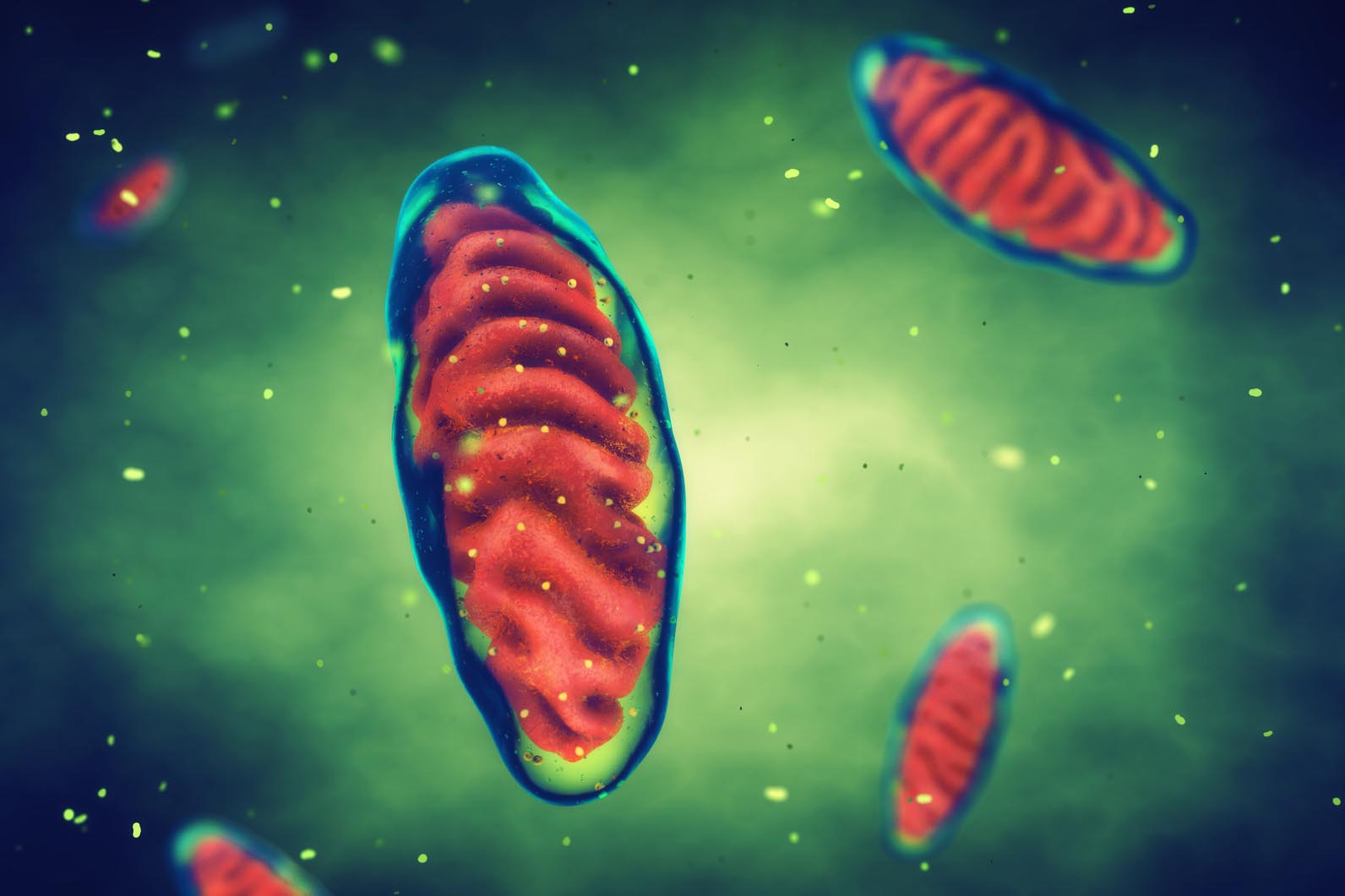• Bacterial imbalances
• Reducing ROS
What is already known on this topic
Mutations in the DNA of mitochondria – the energy unit of cells – are linked to changes in the gut microbiota composition, which in turn can lead to the development of disease. But the reasons for this association remain unclear.What this research adds
Researchers found that mice with maternally inherited mutations that increased the production of reactive oxygen species (ROS) had less diversity in their gut microbiota. Treating the animals with an antioxidant supplement that reduced the abundance of ROS boosted gut microbial diversity.Conclusions
The findings support the idea that mitochondrial DNA influences both the gut microbiota and the diseases linked to it, and suggest that conditions that have been linked to changes in gut microbiota composition may benefit from antioxidant treatment.
Maternally inherited mutations in the DNA of mitochondria – the energy unit of cells – influence both the gut microbiota and the diseases linked to it. That’s the conclusion of a study done in mice and published in the journal Science Signaling.
Both mitochondrial DNA (mtDNA) and the gut microbiota community are inherited from the mother. Each cell of a person’s body contains hundreds of mitochondria and maternally inherited mtDNAs. Mitochondria not only produce most of the energy needed by the cell, but they also generate much of the cell’s reactive oxygen species (ROS).
Previous studies have linked alterations in the gut microbiota to various conditions such as diabetes and autism. These conditions are also linked to genetic variations in how mitochondria produce energy. But whether the gut microbiota or changes in mtDNA are contributing to disease remains unclear.
So a team of researchers led by Tal Yardeni at the Children’s Hospital of Philadelphia set out to study the relationship between microbiota diversity and mtDNA.
Bacterial imbalances
The researchers analyzed the gut microbiota diversity in mice with different mtDNA mutations. Mice with mutations that boosted the production of reactive oxygen species (ROS) showed a higher abundance of Bacteroidetes, the most common gut bacterial family in mice, and a decreased overall microbiome diversity, in particular of Firmicutes such as Clostridiales, Lachnospiraceae, and Ruminococcaceae.
To understand whether mtDNA determines the composition of gut microbiota communities, the team examined mouse pups that had been raised by foster mothers with a different composition of gut microbes.
Once the pups were weaned, their microbiota shifted away from that of their foster mothers towards the composition associated with their mtDNA profile.
Reducing ROS
Decreasing the levels of ROS – either genetically or with an antioxidant supplement – boosted gut microbial diversity, with an average 25% decrease in Bacteroidetes and an equivalent increase in Firmicutes abundance.
The findings support the idea that maternally inherited mutations in mtDNA influence both the gut microbiota and the diseases linked to it. What’s more, they suggest that diseases that have been linked to changes in the composition of gut bacteria may benefit from antioxidant treatment.











